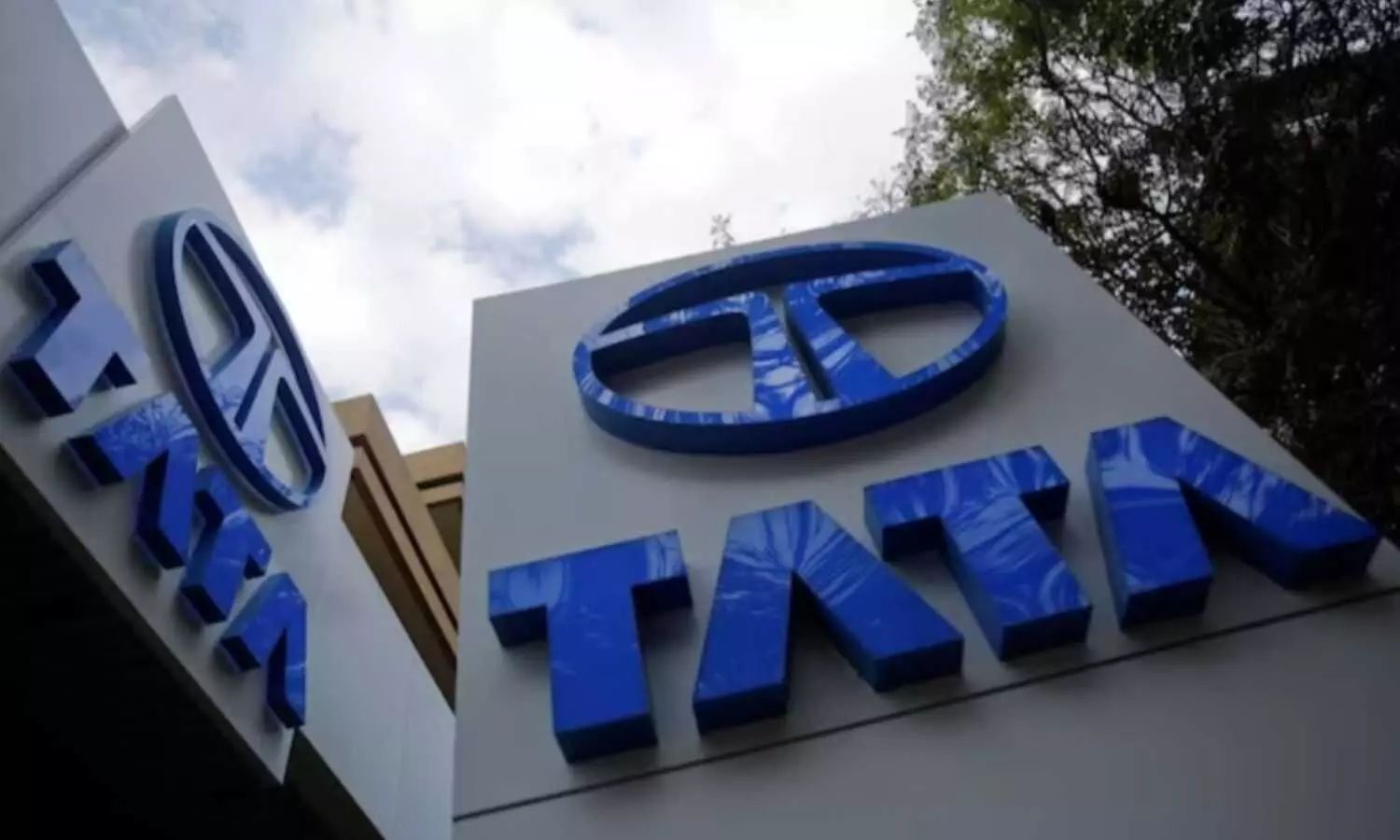Tata Trusts is a Divided House over Tata Sons listing as RBI faces credibility test
Tata Trusts faces internal divisions over the proposed Tata Sons listing, raising governance concerns. The RBI’s stance on the issue becomes a key test of regulatory credibility and corporate oversight in India.
Tata Trusts is a Divided House over Tata Sons listing as RBI faces credibility test

Mumbai, Oct 30
A rare division has emerged within the powerful Tata Trusts over the future of Tata Sons, the holding company of India’s largest industrial conglomerate. According to sources close to Bombay House, nearly all key trustees — including Darius Khambata, Jehangir HC Jehangir, and Pramit Jhaveri — as well as Vice-Chairman Venu Srinivasan and Tata Sons Chairman N. Chandrasekaran — have come out in favour of listing Tata Sons on the stock exchange.
It is being told that due to these differences, Tata Trust has tried to end the differences by appointing Mehli Mistry as life trustee.
The only dissenting voice, sources say, is that of Tata Trusts Chairman Noel Tata, who remains firmly opposed to the move — a position that has raised eyebrows within India’s oldest and most respected business group.
While Noel Tata has not publicly articulated his opposition, insiders suggest his resistance stems from concerns about diluting the Trusts’ control over Tata Sons — and by extension, the Tata Group. The Tata Trusts collectively hold around 66 per cent in Tata Sons, giving them decisive influence over the ₹28 lakh-crore conglomerate.
The RBI governor Sanjay Malhotra has recently said that an entity can continue to operate as long as its registration remains valid and has not been cancelled. Malhotra said. "Any entity which has a registration till it is not cancelled, will continue to do its business." The RBI had earlier classified 15 entities as upper layer under its scale-based regulation for non-bank finance companies (NBFCs) and directed them to get publicly listed by September 30. All complied with the mandate except Tata Sons, a core investment company (CIC). In response, Tata Sons applied last year to surrender its CIC registration for averting the listing requirement. The central bank is yet to take a decision on the application.
Listing Tata Sons, sources say, could subject the company to greater public scrutiny, tighter regulatory oversight, and shareholder activism — potentially curbing the Trusts’ autonomy in steering the group’s long-term strategic and philanthropic agenda.
The internal debate coincides with a growing regulatory storm. The Reserve Bank of India (RBI) had classified Tata Sons as an Upper-Layer Non-Banking Financial Company (NBFC) in September 2022, mandating it to list within three years under the Scale-Based Regulatory (SBR) framework. The deadline expired on 30 September 2025, but no listing plan has been announced.
Instead, Tata Sons applied in March 2024 to surrender its Core Investment Company (CIC) registration — a move widely criticised by legal experts and investors as an attempt to sidestep the statutory listing requirement.
The RBI’s silence since the lapse has drawn scrutiny from market watchers, who say the central bank’s credibility is now at stake.
Amid this uncertainty, the Shapoorji Pallonji (SP) Group, which holds an 18.37 per cent stake in Tata Sons, has renewed its call for public listing. In a strongly worded statement, the group described the IPO as “a moral and social imperative”, saying it would “unlock immense value for over 1.2 crore shareholders of listed Tata companies, who are indirect shareholders of Tata Sons — representing the aspirations of all Indians who have, for decades, placed faith in the Tata name as a symbol of integrity and national pride.”
The SP Group further argued that listing Tata Sons would benefit the Tata Trusts themselves, enabling more transparent governance and stronger, predictable dividend flows to fund their charitable work.
“A transparent and publicly accountable Tata Sons would pave the way for a robust and equitable dividend policy, ensuring sustained inflows to the Trusts,” the statement said.
The outcome of this high-stakes corporate debate carries implications far beyond the Tata boardroom. For investors, a Tata Sons IPO could unlock significant value — analysts estimate the group’s holding company could be worth over ₹12 lakh crore, given its large stakes in listed giants like Tata Consultancy Services, Tata Motors, and Tata Steel.
For regulators, the episode represents a test of consistency and credibility in applying the NBFC-UL framework without exceptions for even the country’s most venerable business houses.
And for the Tata Trusts, it marks a moment of introspection — balancing their historic stewardship of the Tata legacy with modern demands for transparency, accountability, and equitable governance.
Whether Tata Sons will proceed with a listing — voluntarily or under regulatory compulsion — remains uncertain. The RBI’s pending decision on
its deregistration request will be decisive.
EoM.

